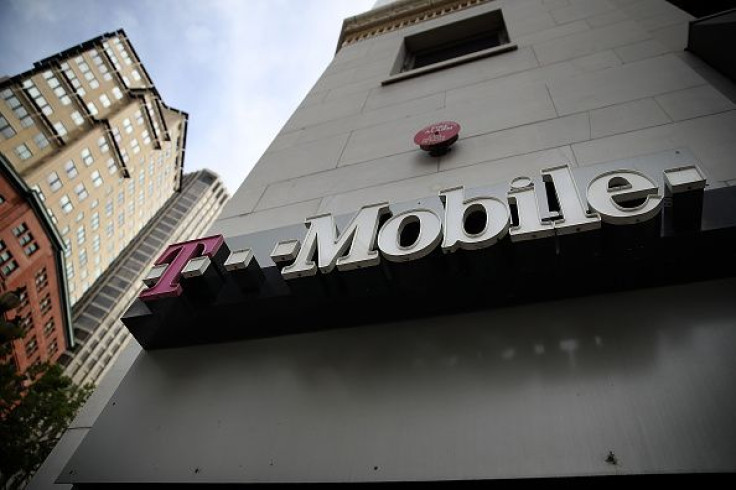Illinois Jumps On Bandwagon To Block T-Mobile And Sprint's Merger
Over the summer, numerous state attorneys general joined forces to file a lawsuit seeking to block T-Mobile's (NASDAQ:TMUS) proposed megamerger with smaller rival Sprint (NYSE:S), a $26 billion deal that would reshape the U.S. wireless industry, a favorite among dividend investors. Additional states promptly piled on, with more joining the effort opposing the deal in the months since. The states argue that the merger would hurt competition and eventually lead to higher prices for consumers.
Illinois has now jumped on the bandwagon, too.
Over half of the U.S. population is represented
New York Attorney General Letitia James announced the latest addition this morning, noting that Illinois Attorney General Kwame Raoul will become the 17th state prosecutor to join the suit. That means a full third of state attorneys general in the U.S. (when including the District of Columbia), which James notes represent over half of the U.S. population, are now attempting to block the deal.
The attorneys general now included in the lawsuit represent California, Colorado, Connecticut, Hawaii, Illinois, Maryland, Massachusetts, Michigan, Minnesota, Mississippi, Nevada, New York, Oregon, Texas, Virginia, Wisconsin, and the District of Columbia.
"This merger would significantly decrease competition for mobile wireless telecommunications services in Illinois and across the country," Raoul said in a statement. "With fewer companies competing, customers would face fewer choices, higher prices, less innovation and lower quality service." The prosecutors note that Illinois includes the third-most-populous city in the U.S. (Chicago) and is an important hub for the industrial, agricultural, and transportation sectors, which makes it "highly susceptible" to competitive harm.
So much for closing in 2019
T-Mobile and Sprint scored merger approval from the Department of Justice in late July, a settlement that required the combined company to spin off certain prepaid subsidiaries in addition to wireless spectrum.

The idea is to enable a new fourth wireless carrier -- DISH Network -- to be created in order to preserve competition, although critics such as the attorneys general question the viability of the proposal since DISH has no meaningful experience in deploying a cellular network nationally. It's worth noting that five of the states that are currently still part of the lawsuit (Nebraska, Kansas, Ohio, Oklahoma, and South Dakota) have signed on to the proposed settlement.
The states won a delay last month that pushed the trial to Dec. 9, with the attorneys general arguing they needed more time to investigate. T-Mobile had previously hoped to secure all of the necessary approvals in order to close the deal by the year's end, but that timeline now seems unlikely.
"We believe the plaintiffs' claims are without merit, and we intend to defend the lawsuit vigorously," T-Mobile wrote in its most recent 10-Q.
This article originally appeared in the Motley Fool.
Evan Niu, CFA has no position in any of the stocks mentioned. The Motley Fool recommends T-Mobile US. The Motley Fool has a disclosure policy.











